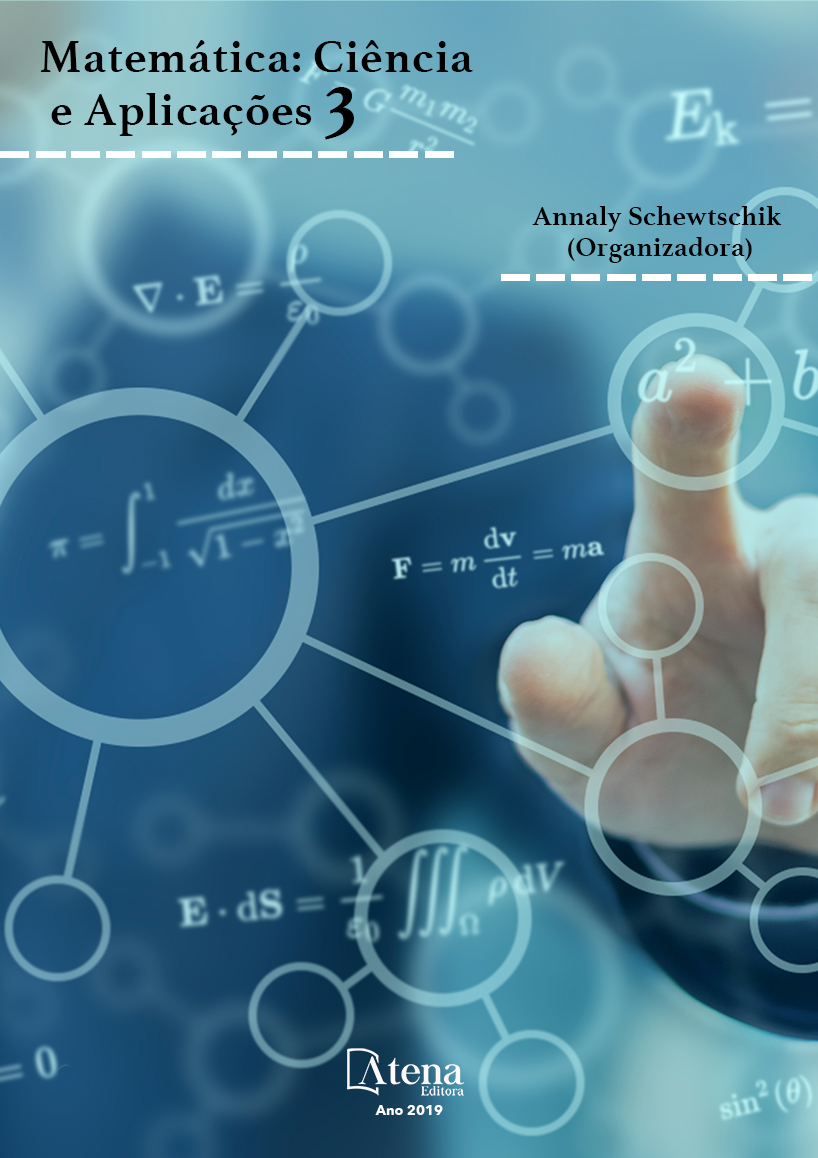
APRENDIZAGEM MÓVEL: UMA POSSIBILIDADE NO ENSINO DOS NÚMEROS COMPLEXOS
Este trabalho expõe os rumos de
uma pesquisa que visa implementar um estudo
didático da aprendizagem móvel (mobile
learning) com o aplicativo GeoGebra no contexto
dos números complexos. Para entender o
cenário contemporâneo da abordagem deste
tema nos currículos foi investigado junto ao
um grupo de onze professores licenciados
os desafios que permeiam o ensino dos
números complexos. A metodologia utilizada
se encontra nos pressupostos da Engenharia
Didática seguindo suas quatro fases de
execução: análises preliminares, análise a
priori, experimentação e análise a posteriori. O
percurso teórico adotado para discutir o objeto
desta pesquisa fundamenta-se nos Registros
de Representação Semiótica de Duval (2003) e
(2009) e, para corroborar com experiências na
utilização de dispositivos móveis os trabalhos
de Batista (2011) e Bairral et al. (2015). As
considerações sobre as atividades aplicadasaté o momento, revelam indícios de que os
ambientes de geometria dinâmica aliado a
apropriação da matemática segundo a teoria de
Duval, tem se mostrado como uma alternativa
para superar o entrave do processo de ensino
e, revelou também, a possibilidade de integrar
aprendizagem móvel como forma de elucidar
as abstrações e representações que cercam o
ensino dos conteúdos matemáticos na escola.
APRENDIZAGEM MÓVEL: UMA POSSIBILIDADE NO ENSINO DOS NÚMEROS COMPLEXOS
-
DOI: 10.22533/at.ed.23719140211
-
Palavras-chave: Aprendizagem móvel; Números complexos; Geogebra; Engenharia didática.
-
Keywords: Mobile learning; Complex numbers; Geogebra; Didactic engineering.
-
Abstract:
This paper exposes the course
of a research that aims to implement a didactic
study of mobile learning with the GeoGebra
application in the context of complex numbers.
To understand the contemporary scenario of
approaching this theme in the curricula was
investigated together with a group of eleven
licensed teachers the challenges that permeate
the teaching of complex numbers. The
methodology used is found in the assumptions of
Didactic Engineering following its four phases of
execution: preliminary analysis, a priori analysis,
experimentation and a posteriori analysis. The
theoretical course adopted to discuss the object
of this research is based on the Duval (2003)
and (2009) Semiotic Representation Registers
and, to corroborate with experiments on the use of mobile devices, works by Batista (2011) and Bairral et al. (2015). The considerations
on the activities applied so far, reveal evidence that the environments of dynamic
geometry allied to the appropriation of mathematics according to Duval’s theory, has
been shown as an alternative to overcome the obstacle of the teaching process and,
also revealed, the possibility of integrating mobile learning as a way of elucidating the
abstractions and representations that surround the teaching of mathematical contents
in school.
-
Número de páginas: 15
- Rafael dos Reis Paulo


